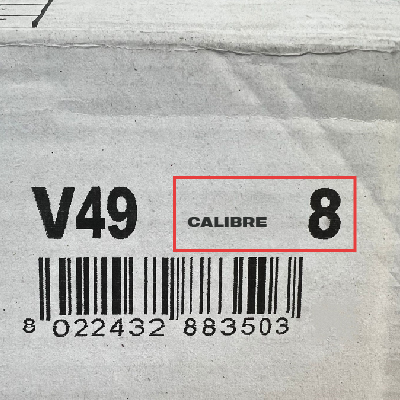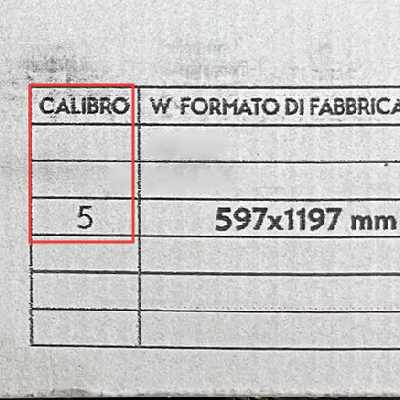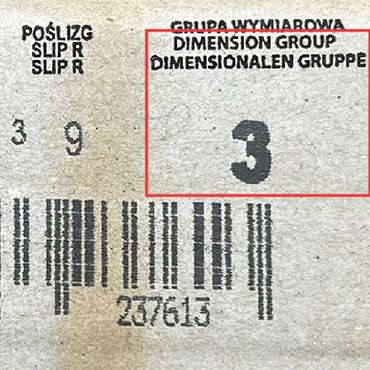Understanding Tile Caliber and Tile Tolerances
Have you ever wondered about the magic that goes into making those beautiful tiles for your home? Well, let's briefly talk about tile tolerances in a simple and informative way.
Tiles are crafted by pressing various materials into a mold under high pressure and then fired in a kiln. The result is a tile shaped by the mold, often sold with a slightly angled edge called ‘non-rectified’. These tiles are sorted into batches based on color and sizes, but some undergo a ‘Tile Rectification’ process to ensure a consistent size with a squared edge.

What is the Tolerance For Tiles?
Due to the nature of the manufacturing process, a level of tolerance is accepted for both ceramic tiles and porcelain tiles. During the kilning process, the extreme heat can cause the clay and other materials to expand and contract, leading to slight variations in tile dimensions. These variations can differ from batch to batch.
Tile tolerances are calculated using the ‘working size’ rather than the ‘nominal size.’ For instance, a tile labeled as 60 x 60 cm which is the nominal size as seen in product descriptions, may have a working size of 59.7 x 59.7 cm.
Tolerance Levels for Tiles
The acceptable range for tile tolerance, whether 'non-rectified' or 'rectified,' is within +/- 3mm. Although it is uncommon for tiles (especially for rectified ones) to deviate by such an extent, these variations are considered acceptable. It is recommended to use a grout line ranging from 3 to 5 mm to accommodate any size discrepancies, especially for tiles larger than 400mm.
- This implies that there could be an acceptable variation in the size of the tiles you receive compared to the nominal sizes mentioned on the website, and it does not indicate that the tiles are faulty or of inferior quality.
Understanding the Caliber of a Tile:
The caliber can be indicated on the tile boxes and pallets in the form of either a number or a combination of numbers and letters, as can be seen in the above examples.
Calibers are specific sizes into which tiles are sorted during production to avoid issues with different-sized tiles ending up in the same boxes. When installing tiles, it's crucial to check and ensure that you have all the same caliber to prevent sizing issues.
If you have more questions about tile tolerances or anything else related, feel free to reach out to us.
Happy tiling!













